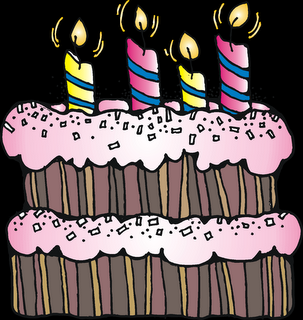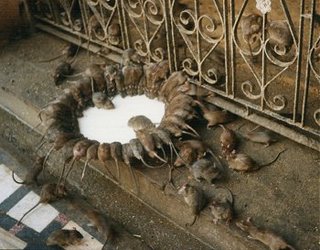
Last week's visit to the doctor in Munich left me feeling optimistic. The bones are healing and even though the process is a bit slow it looks like it will turn out okay. So after we left the hospital Thomas and I had a nice lunch at an outdoor cafe, spaghetti and giant scampi and beer and caught up on each other's views on various subjects.
Meanwhile, I've been reading more of Andreas Pröve. The guy travelling through India in a wheelchair. In the second part of the book he arrives in Calcutta and decides to wheel himself to the source of the Ganges, which he was unable to reach on an earlier visit. Reading about how he competes with lorries and trucks as he travels in his motorized wheelchair makes one's hair stand on end. Often he ends up spattered with mud and covered with dust. He is familiar with dhaba food and loves samosas and dosas, which he seems to thrive on without a problem.
You get more than a glimpse of how handicapped people are treated in India. For example, Andreas writes about how he is not only constantly stared at by people wherever he goes, but often followed around by children. Mostly they are curious but on one occasion, somewhere near Kanpur, they started to tease him and to pinch him and throw stones at him, the way they would do at a monkey in a zoo. Luckily his motorized wheelchair allowed him to make a quick getaway and after this he always kept a thick club by his side to beat up kids who dared to provoke him physically.
As luck would have it, a young man called Nagender whom he had met on a previous visit, in Calcutta, agrees to accompany him so that although Andreas travels by road and in his wheelchair, and Nagender most often by train or bus, they decide where and when to catch up with each other. They also travel together part of the way by train, which Nagender insists on when they are moving through dacoit infested territory. A close bond develops between the two and I am now at the part where they are celebrating holi and being drowned in colours, and how at the end of the day his camera starts to spew red, blue and yellow powders which indicates that its end is near. Fortunately Andreas has two extra cameras so he can continue to take photographs, some of which are included in the book.
Group website: www.basicindia.net







